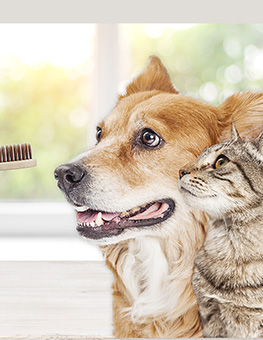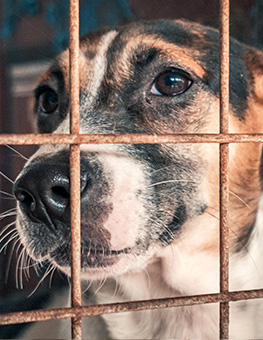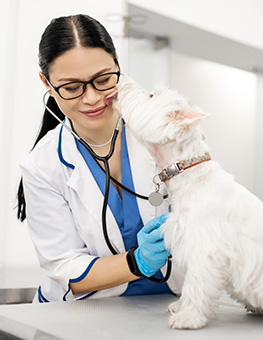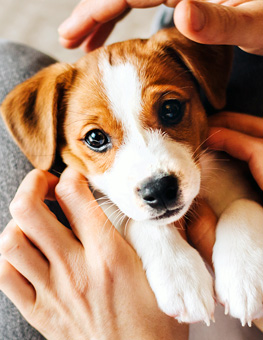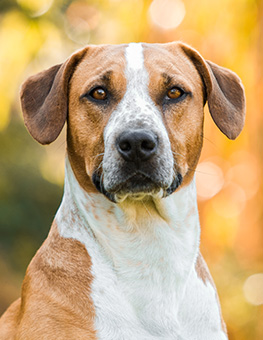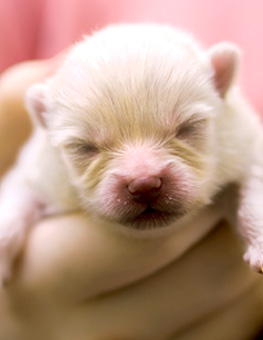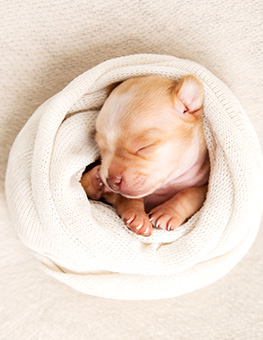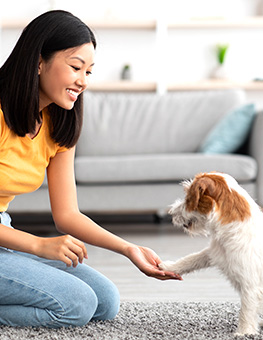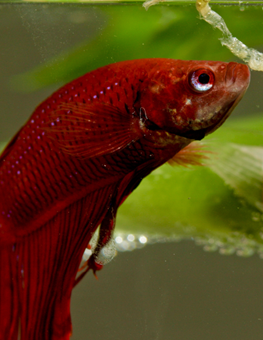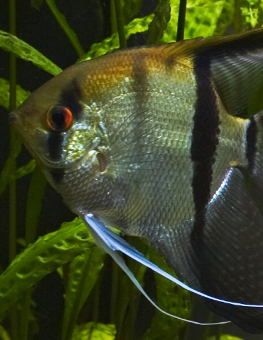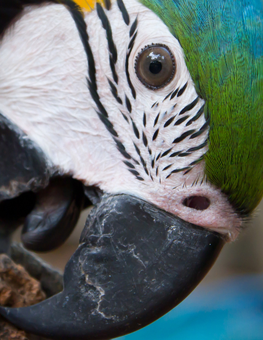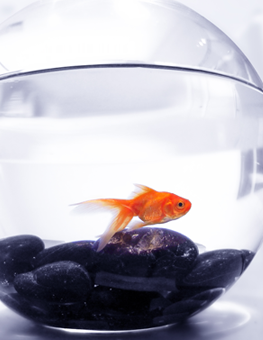Preventing Unwanted Urination Behaviors
Different types of aberrant urination behaviors warrant different solutions.
Often, a house-trained dog will urinate unexpectedly in the home. Dogs urinate for many reasons besides the simple need for elimination, including submissive peeing, territorial marking, and in response to extreme excitement. Because this behavior is instinctive, training is usually the only effective way to curb it.
Submissive Urination
Peeing is the natural, instinctual way that a dog shows submission to competition. That competition might be you or another “alpha” dog with whom he is living. New puppies are particularly apt to exhibit this behavior. Some causes include:
- Delayed and excessive punishment. Dogs who are confused about why they are being punished, or are afraid of the severity of the punishment, often will resort to submissive peeing.
- Uncomfortable environments. The addition of a new family member, house pet, or even a new piece of furniture can trigger submissive peeing behavior in your dog.
- A lack of praise. Submissive peeing is usually a confidence issue. You need to elevate your dog’s self-esteem by properly praising his good behavior.
You can train away submissive peeing by doing the following:
- Ignore the behavior. When your dog submissively pees, pretend that it didn’t happen for a few minutes. Scolding or praising at this point will only reinforce your dog’s belief that he needs to submit to you by peeing.
- Praise him for good peeing behavior. This goes for all types of inappropriate urinating behavior.
- Clicker training. This type of training may help refocus your dog’s attention and decrease the incidence of submissive urination.
Territorial Marking
As you probably know, dogs urinate instinctively to mark their territory (especially if un-neutered). This is different from submissive peeing because it does not necessarily reflect a lack of confidence. Often, dogs feel the need to protect their territory.
This often occurs when your dog feels challenged at home. For example, a new baby in the house can take attention away from your dog, triggering aberrant behavior. To re-establish his place in the household, he may urinate on toys, grocery bags, or anything else that enters the house. A new pet can also elicit a similar reaction and your dog wants to make sure this new family member knows who is boss.
A few things can be done:
- Punish quickly. Punish your dog as soon as possible, either during or immediately after you catch him in the act (do not hit him though as this will just make him fearful). This should curb or end his behavior. However, it is just as important to praise and/or reward him when he pees in the right place.
- Thoroughly clean up the mess. Without careful cleaning, your pet will continue to mark his territory in the same spot. Worse yet, another pet may join in. Do not use any products containing ammonia – dogs can perceive the ammonia scent as urine.
- Eliminate exotic smells. When your dog smells something unfamiliar, he often will mark his territory against the foreign stimuli. Candles and air fresheners can cause this.
- Neuter your dog. Dogs that are neutered at a young age are far less likely to territorial mark.
Excitement Peeing
Your dog also may occasionally pee unexpectedly when he gets excited. This almost always occurs when someone – either you, a family member or a visitor – arrives at your home. Your dog is so happy and excited to see this person that he is completely unaware of his behavior; it is a physiological reaction. For this reason, standard punishment does not work.
The best solution to handle excitement peeing is to ignore your dog when someone arrives. Do not make coming home an event. Wait a few minutes before acknowledging your dog, and always wait until he calms down. This should help curb his unabashed enthusiasm and involuntary peeing.



